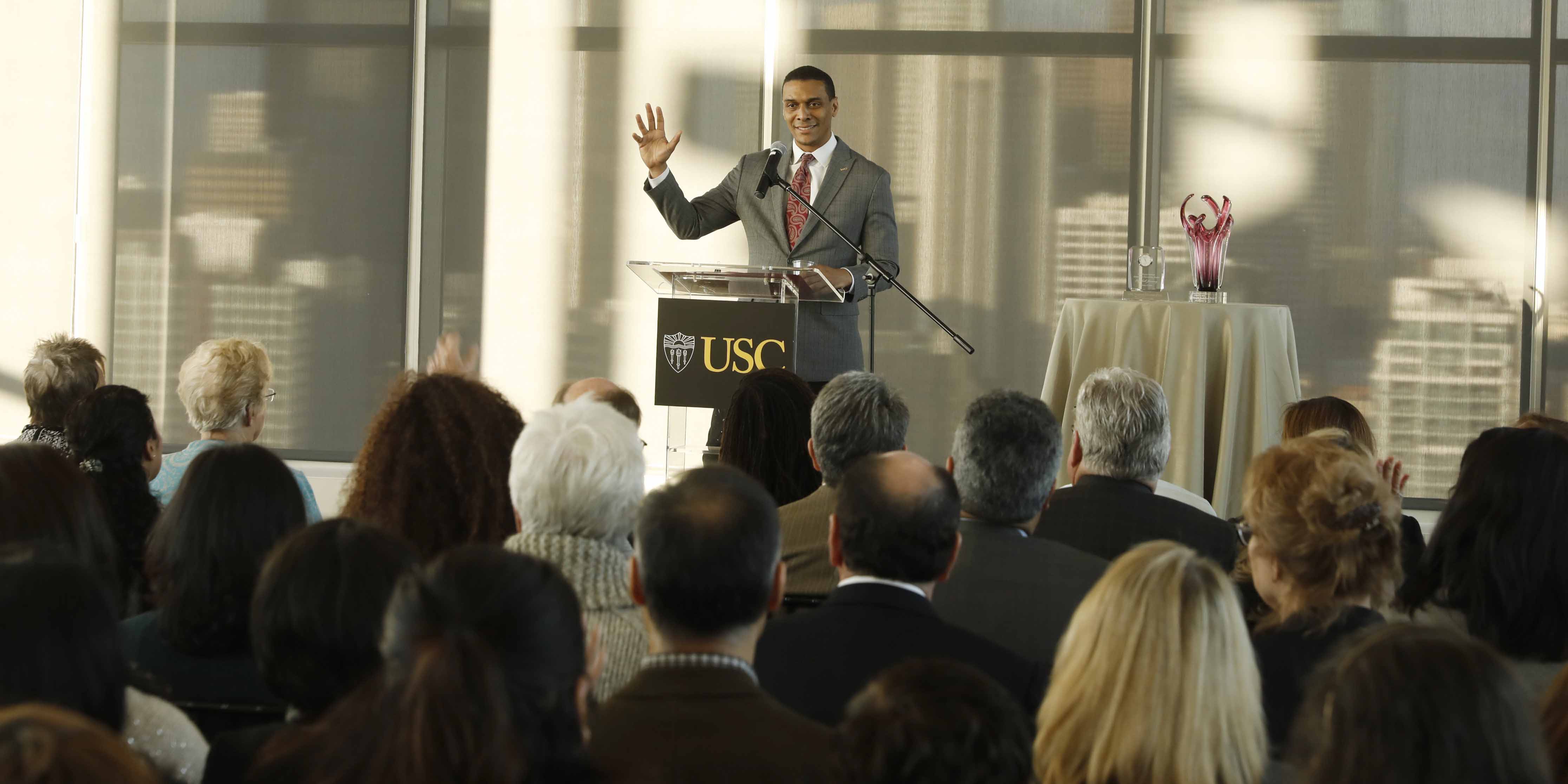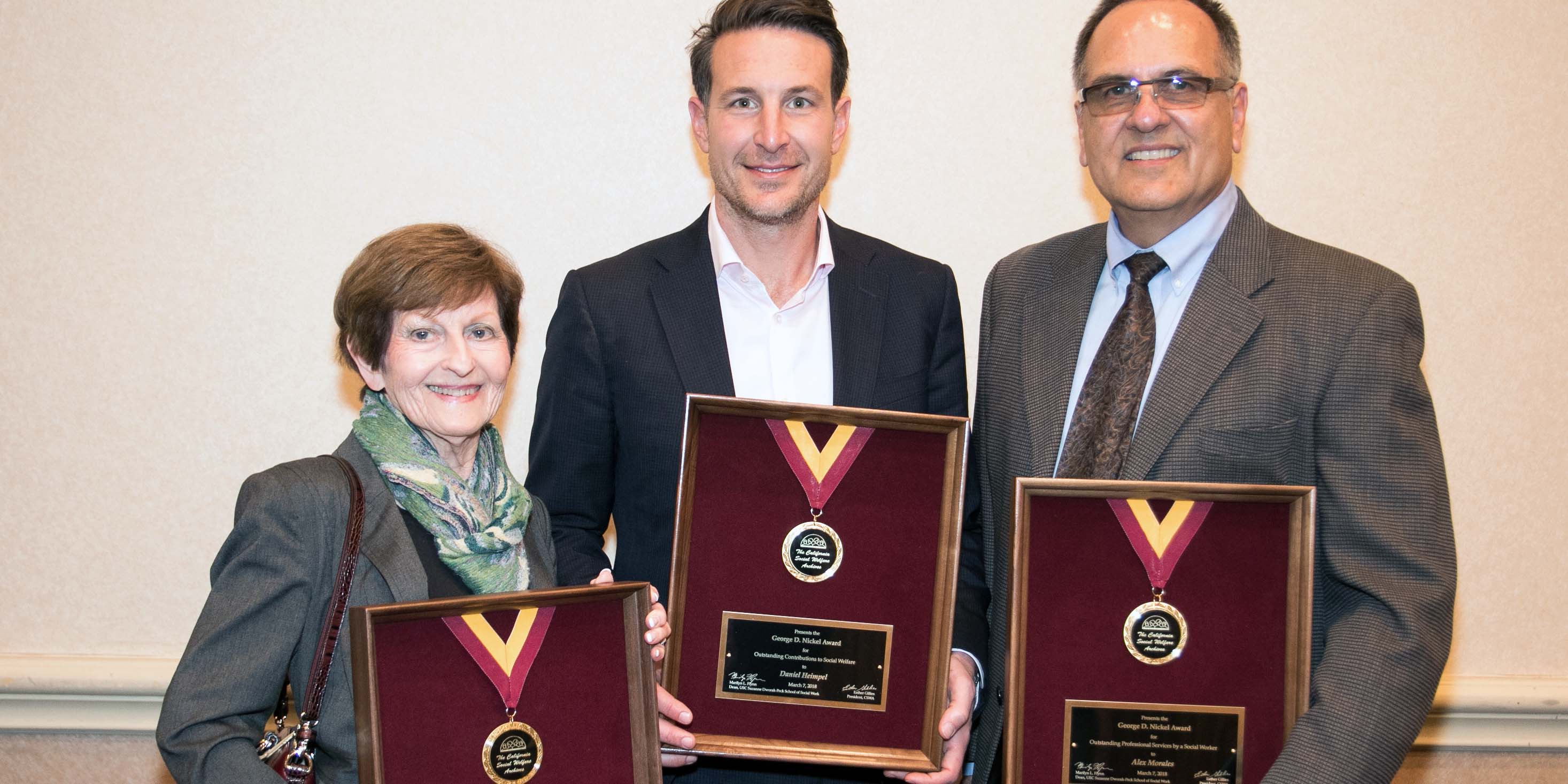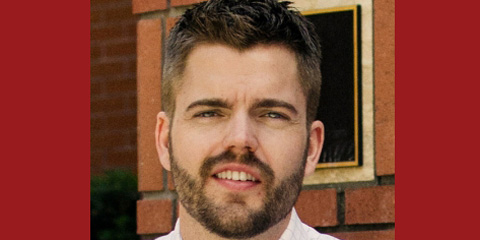News Archive
-

Carl Hill, director of the National Institute on Aging (NIA) Office of Special Populations, spoke about the impact of mentorship on his research career and efforts to address health disparities at the 2018 Edward R. Roybal Memorial Lecture.
“The more that I age, the more that I think of all the people that helped me along the way,” Hill said. “My hope is to make them proud. Part of doing that is serving in my capacity in my role at the National Institute on Aging.”
-

March is Problem Gambling Awareness Month. If someone you know is struggling with a gambling addiction, these intervention methods can be the first step toward recovery.
-

As acts of mass violence in schools become all too common, USC professor David Schonfeld shares his insights into how best to facilitate recovery for young people who have been affected by tragedy.
-

A journalist with a mission, a champion of child protective services, and an innovative advocate for the professionalization of social work were all recognized for their significant contributions to society at the 32nd Annual Awards Reception of the California Social Welfare Archives, held March 7, 2018, at the Radisson Hotel Los Angeles at USC.
-

One in five California high school students experience thoughts of suicide, with some schools having much higher rates of suicide ideation than others; researchers issue a call to action for increased focused interventions at the whole school and public policy levels.
A new large-scale study of suicide ideation among more than 750,000 students in California high schools suggests a pressing need for public health campaigns to reduce youth suicide and an emphasis on the role of schools in prevention programs.
-

Jeremy Goldbach is director of the USC LGBT Health Equity Initiative at the University of Southern California Suzanne Dworak-Peck School of Social Work. The initiative leads scientific inquiry into the physical, emotional and social health of LGBT youth, adults and families, and guides best practices for achieving health equity for this population.
-

Trying to keep your mind in tip-top shape? An expert tells us how you can fight brain decline by living an active and engaged life.
-

What does a nonprofit manager actually do? How can an MSW degree help graduates find careers in the nonprofit world?
-

Grant writing is an essential skill in many areas of social work. So how does the process work, and can pursuing an MSW help you to secure funding for your organization down the line?
Graduates of the USC Suzanne Dworak-Peck School of Social Work often move into positions where grant writing is part and parcel of the job. Whether they work within the government, a community, a foundation or a trust, social workers at the mezzo or macro level will inevitably be called upon to write and submit grants at some point in their careers.
-

Ron Astor, the Lenore Stein-Wood and William S. Wood Professor of School Behavioral Health, and the USC Suzanne Dworak-Peck School of Social Work join this Interdisciplinary Group on Preventing School and Community Violence in the following call to action:
School shootings and widespread community gun violence are far greater in the United States than other nations. America cannot be great and realize its promise of life, liberty, and the pursuit of happiness if our children are not safe from gun violence.